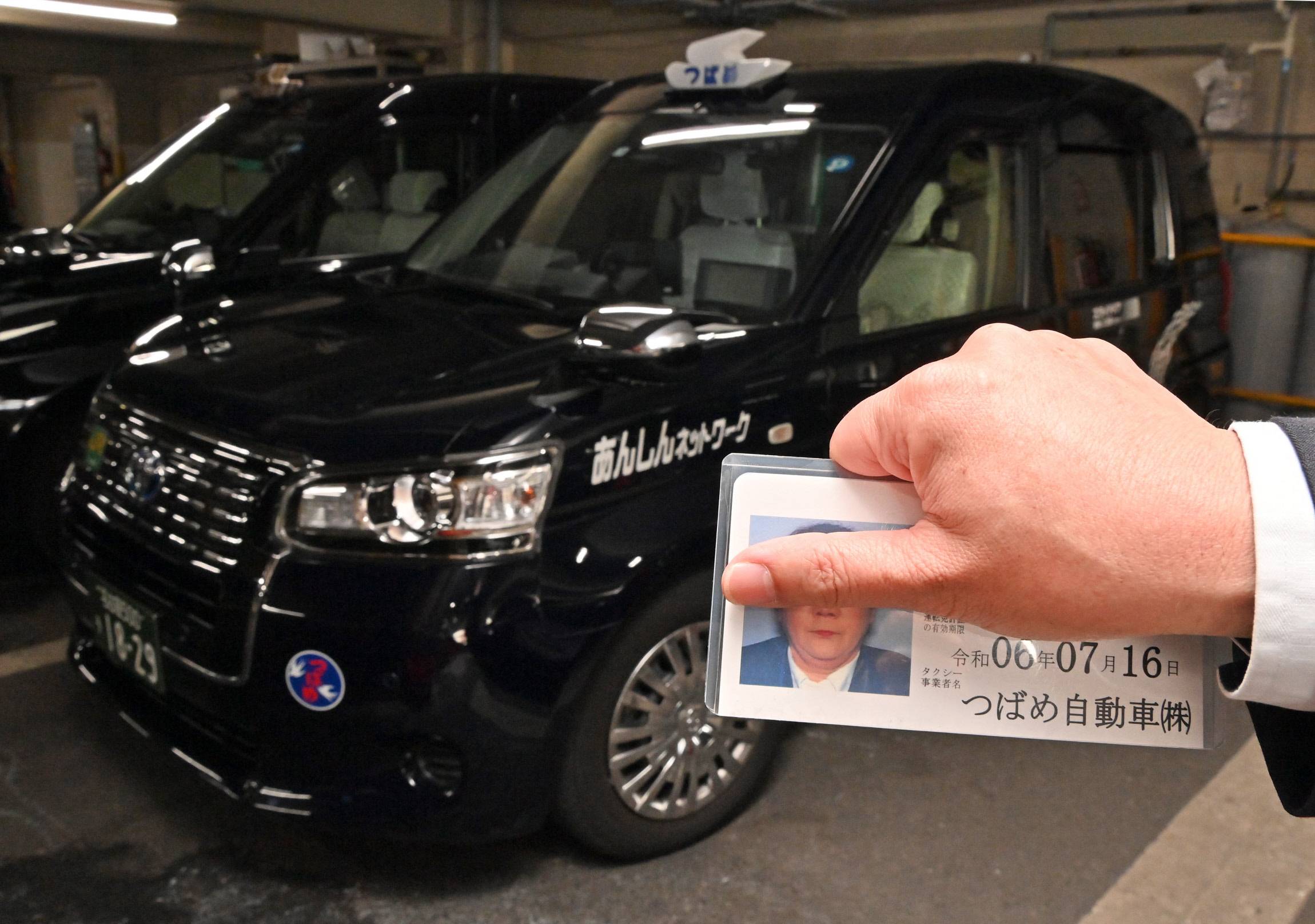The transport ministry is planning to revise an ordinance as soon as this summer to abolish a rule requiring bus and taxi drivers to display their names inside the vehicles.
The move comes amid growing concerns over drivers becoming victims of so-called customer harassment, in which customers disclose the names of drivers online without permission or make unreasonable demands.
Many people working in other sectors of the service industry are also facing similar problems along with the growing use of social media, leading to a gradual spread of measures to change rules on name badges so as to prevent such harassment.


















With your current subscription plan you can comment on stories. However, before writing your first comment, please create a display name in the Profile section of your subscriber account page.